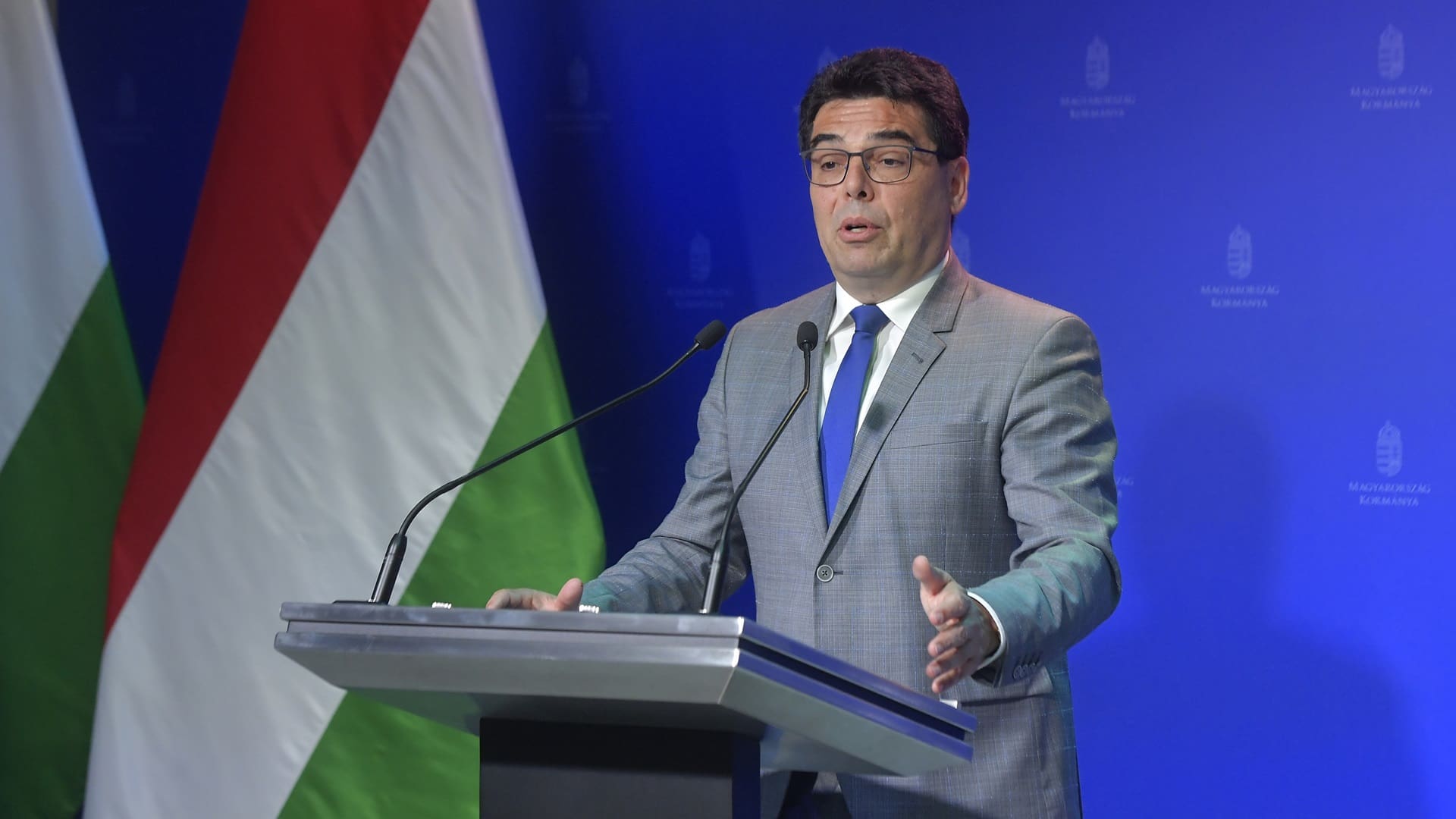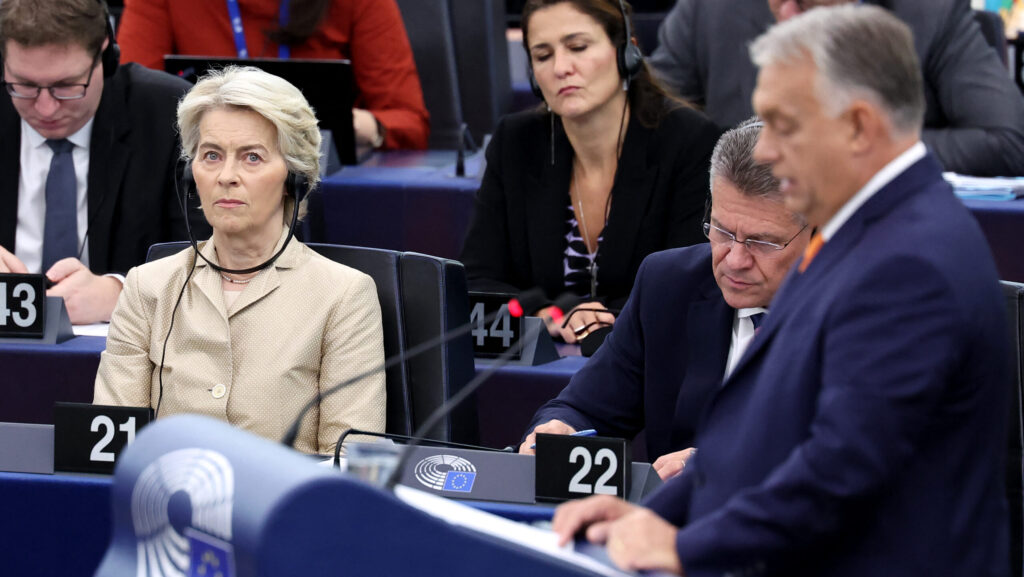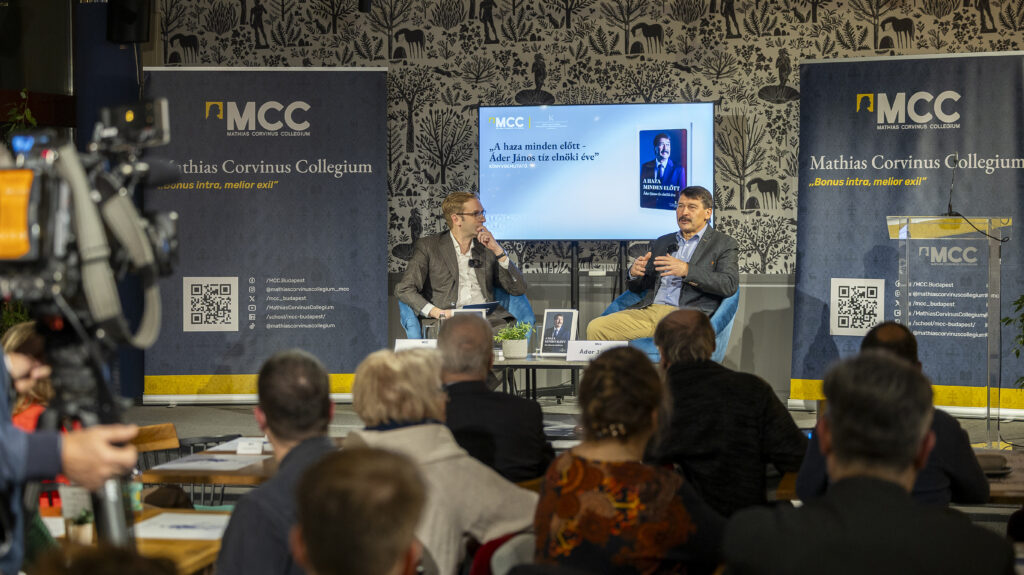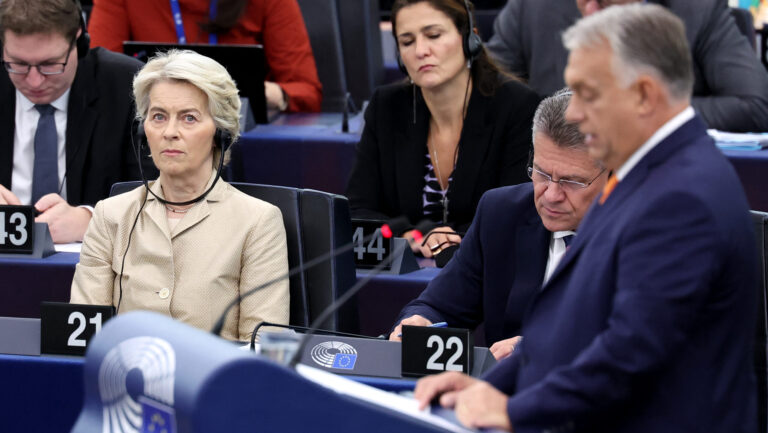Appearing on the public media television M1, Barna Pál Zsigmond, Parliamentary State Secretary and Deputy Minister of the Ministry of European Union Affairs outlined the main agenda points for Hungary’s presidency of the Council of the European Union. As he stated, the official programme of the Hungarian presidency has recently been shared with the other Member States.
State Secretary Zsigmond stressed that during the presidency, lasting between 1 July and 31 December 2024,
one of the top priorities will be helping Western Balkan nations advance toward EU accession.
On that topic, he shared that the administration is planning on holding an ‘informal’ Western Balkan summit with the leaders of the nations in the region.
As for the other top agenda point for Hungary, restoring European competitiveness, the state secretary said that recent developments, such as the ‘faulty’ sanctions packages against Russia imposed by Brussels, the COVID pandemic, and the subsequent high inflation have all led to Europe’s diminished competitiveness. ‘The US has pulled further away, and even China has overtaken Europe in terms of economic metrics,’ he told the TV audience. He then elaborated that the Hungarian administration is using the term ‘competitiveness’ in a broad sense. It not only comprises economic metrics, but also standard of living, and the labour market as well.
The state secretary also noted that despite some liberal forces in Brussels going as far as trying to strip Hungary of its right to take the rotating presidency of the Council of the EU, it will continue to stand up against mass migration and pro-war sentiments. As for the issue of migration, he said that Hungary’s stance remains that ‘we should bring help there [the migrants’ countries of origin] and not bring the migrants here’.
Zsigmond also pointed out that this is a volatile time in the European Union, given that after the European Parliamentary elections, new people will have to be chosen for certain positions, which requires compromise.
State Secretary Zsigmond also went on the Good Morning, Hungary programme of the public radio. There, he talked about Hungary’s agricultural policy, which he described as ‘economics-centred,’ which he believes is in line with the majority opinion in Western societies and is against the 'far-fetched green policies' of Brussels. He also spoke of Ukraine's potential EU accession, which has 'a lot of support in the EU'; however, the state secretary believes the Union should pursue an accession policy that is consistent and based on its political interests.
Related articles:







